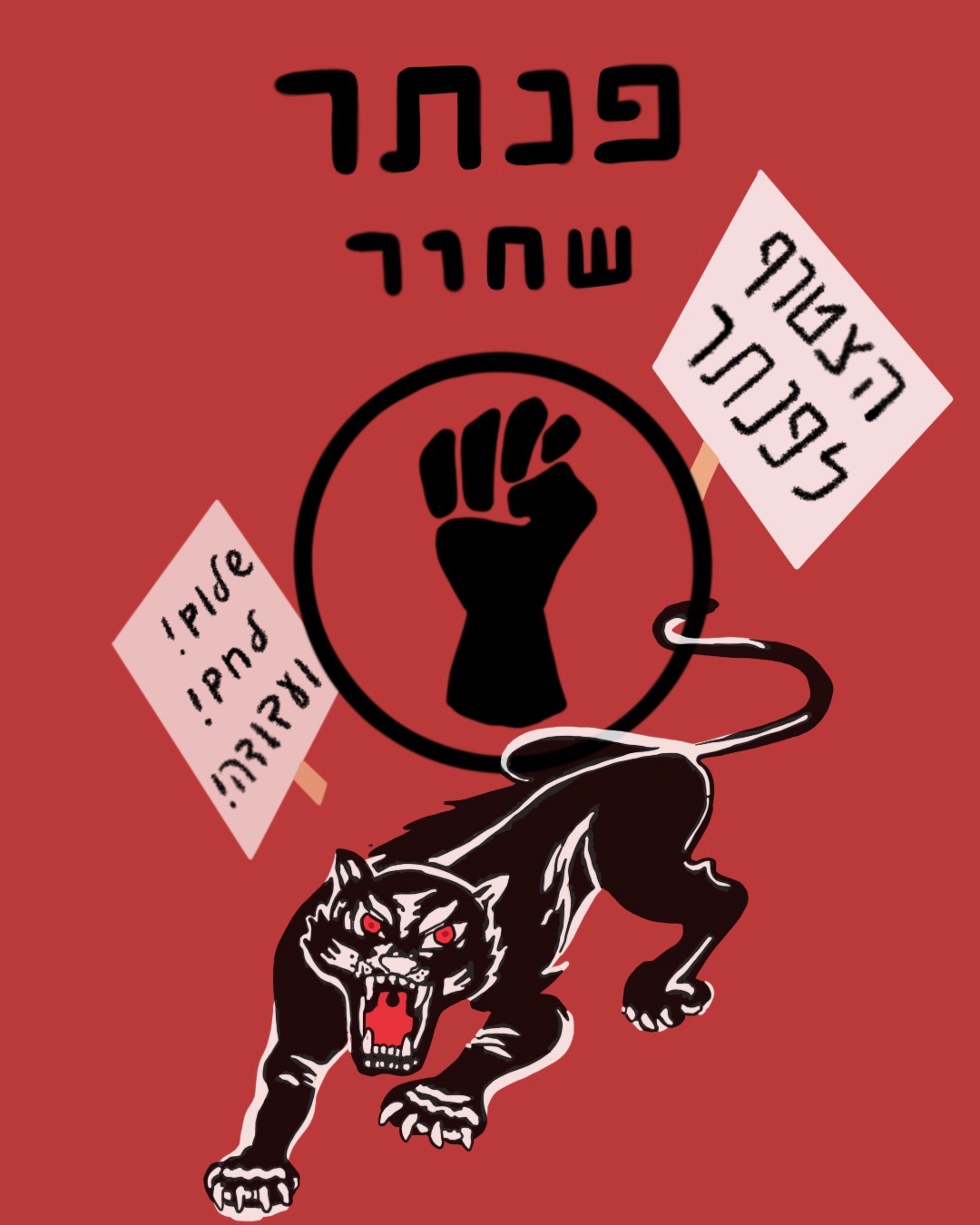When considering civil rights in Israel you would be remiss to not focus on the treatment of Palestinians, and their relationship with Israelis. But this year marks the 50th anniversary of a different civil rights movement, one that pitted Israeli against Israeli. The Black Panther movement fought for Mizrahi rights in an Israel that saw itself as a unified and equitable nation for Jews.
The Mizrahim who came to Israel were not ardent Zionists triumphantly returning to Israel. Instead, they were refugees fleeing an increasingly hostile situation at home. The North African and Arab states they called home became virulently anti-Jewish in response to Israel’s formation, leaving the Mizrahi who had lived in places such as Iraq or Morocco with no where to go but Israel.
When they arrived they were shoved to the fringes of society, thought of by their Ashkenazi counter parts as incompetent and dengrated as Schwarze hayes, or “black animals.” One of the largest Mizrahi communities formed in Musrara, a neighborhood between the Israeli and Palestinian halves of Jerusalem. It was a dangerous area, with land mines nearby and directly against the Palestinian border, but it was the only housing many could find due to governmental neglect.
That changed when Jerusalem was unified after the Six Days War in 1967. Musrara was now prime real estate and the Israeli government had plans to force out the Mizrahi and build new high rises to house Soviet Jewish immigrants. The Mizrahim, long ignored and oppressed by the Ashkenazi government, was incensed by the flagrant disregard for their well being and what seemed to them preferential treatment for fellow Ashkenazim.
In 1971 young Mizrahi men began to take action, slowly at first. The initial protest only had about 300 members but it was enough to gain traction. They formed the Black Panthers, inspired by the African American movement of the same name, while also reclaiming the “black animals” term that was used against them as a means of empowerment.
The Panthers thought themselves a sort of Robin Hood, fighting back against the rich Ashkenazi ruling class and carving a place for the Mizrahim. Nowhere is this more evident than their famed theft of milk bottles from Ashkenazi doorsteps and delivering them to the poor residents of Musrara.
The most influential action the Black Panther undertook was protest organizing. In one such protest they burned an effigy of Golda Meir. In another they decried the “mock trials” of arrested Black Panther leaders. On May 18th, 1971 the Panthers had their largest protests, the Night of the Panthers, where 5,000-7,000 Mizrahim and allies marched on Zion Square. The police sprayed water cannons, molotov cocktails were thrown, and more than 100 protestors were arrested. By the time the dust had cleared after the protest, the Panthers found themselves speaking directly to the Prime Minister. Golda Meir opined that the party leaders were “not nice boys” but the Panthers’ activities forced the government’s hand. A commisson was created that assessed the level of discrimination in Israeli society, determing that Mizrahim experienced significant disadvantage, leading to discretionary funds being moved to address it.
This positive shift was not long for this world though: the 1973 Yom Kippur War disrupted Israeli society and the concessions the Panthers earned were forgotten.
The movement itself did not die; the Black Panther party seized on their fractional popularity and won a seat in the Knesset in 1977, the same election which saw the Mapai (Labor) party lose control of the government for the first time. In large part the downfall of Mapai was the scores of Mizrahi voters who abandoned the party for the Likud (Right-wing) or Dash (Center) in hopes of a more welcoming government, according to Yaron Peleg, a professor of Hebrew literature at George Washington University. They managed to hold the seat until 1992, when the Black Panthers officially ceased to exist.
While the Black Panthers are now gone, their legacy remains.
The Mizrahi vote that the Panthers helped rally against the Mapai government has more often than not stayed with Likud over the intervening years. This has seen the Labour party suffer near death, barely hanging on in the past few elections.
For a short while, the Russian Panthers took up the mantle to fight against discrimination similar to that which the Mizrahim faced after a wave of emigration in the 1990’s. The Russian version was significantly less extreme in their tactics, mostly using the name and branding as a political tool while eschewing the more violent actions, such as the milk stealing, of their namesake.
Despite their efforts, identity politics, the bedrock of the Black Panther movement, has failed to take hold. The situation for Mizrahim in Israel has improved to the point that the third and fourth generations that are now replacing their parents and grandparents do not feel as aggrieved. Besides, says Peleg, the racial prejudice against Mizrahim that Black Panthers highlighted is overstated, anyway.

